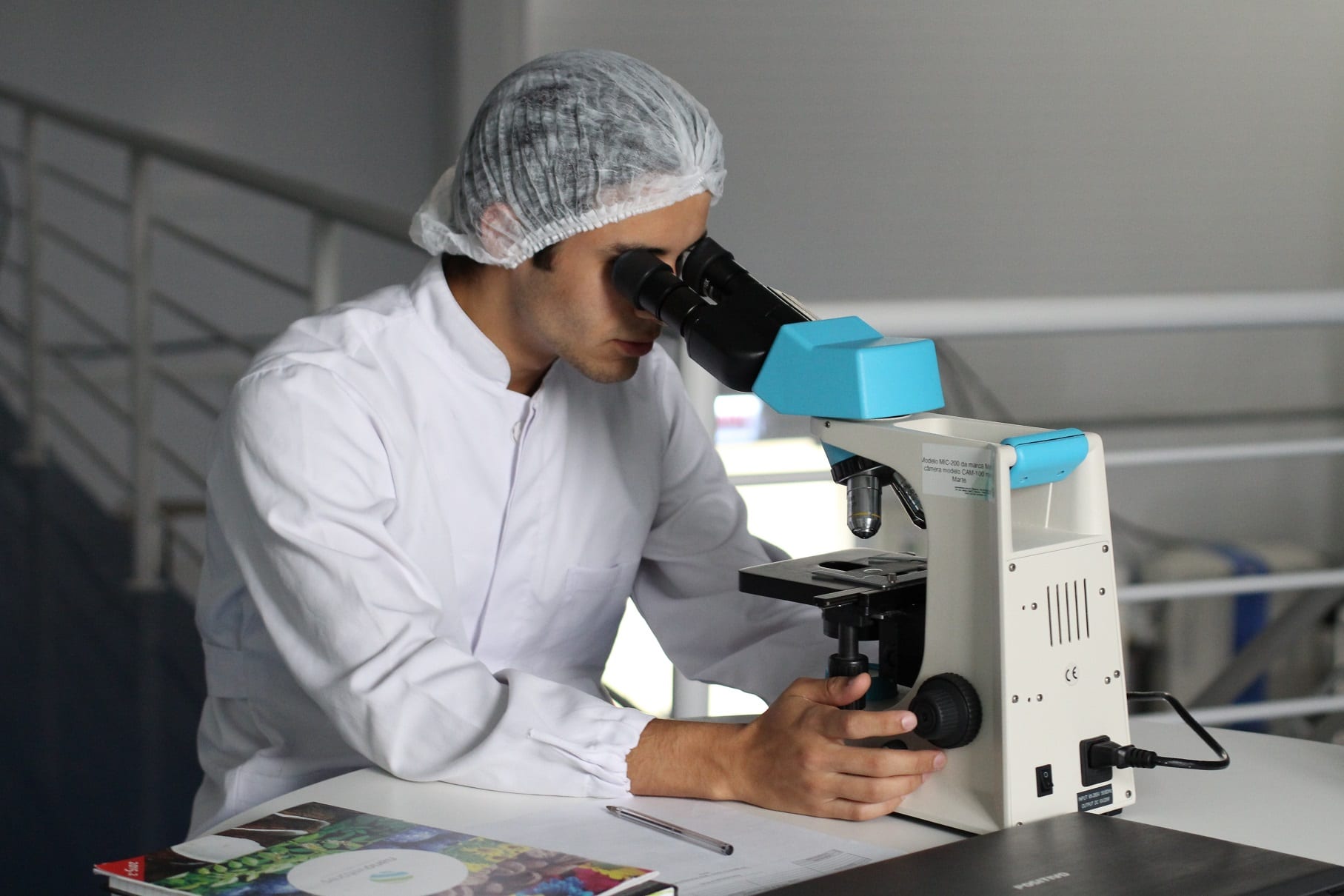
In the fight against the coronavirus, it looks like HIV treatment might have a role to play.
No, this isn’t another privileged post stating “What We Can Learn from The AIDS Epidemic” by straight-led/written publications. This post is actually about how scientists are looking into HIV treatment and how it affects the coronavirus. And according to amfAR, the Foundation of AIDS research, researchers are exploring whether HIV drugs can fight COVID-19.
Drugs developed to treat HIV have also been used to treat other viral diseases such as hepatitis B. They’ve also been beneficial to the treatment of severe acute respiratory syndrome, or SARS. SARS is also caused by a coronavirus similar to COVID-19. As such, researchers are now testing antiretroviral used to treat HIV such as lopinavir, ritonavir, and another protease inhibitor called darunavir.
So far, Thai doctors have given a combination of lopinavir, ritonavir, and a flu drug to a Chinse coronavirus patient. The patient then tested negative for the virus within two days. Meanwhile, Japanese scientists treated a patient with just lopinavir and ritonavir. The patient’s fever then subsided within five days of going to the hospital. Then, a March 2020 report in the journal JAMA stated that three of five patients recovered after receiving lopinavir and ritonavir.

Meanwhile, the Columbian reports that Vancouver biotechnology company CytoDyn is hoping to adapt one of its existing HIV treatments to treat COVID-19. The company is seeking approval from the U.S. Food and Drug Administration to fast-track a test run on COVID-19 patients. They want to test their product leronlimbab, “an antibody that binds to a receptor called CCR5 on certain immune system cells.” This is because when the antibodies have shown a side-effect of slowing the rate that cells produce inflammatory cytokines, which is the greatest concern for COVID-19 right now. The reason being, the coronavirus can cause a major inflammatory response in the lungs. CytoDyn hopes to slow that process and make the virus less deadly.
“We appreciate the FDA’s timely input on protocol design and hope to start the treatment study in the very near future,” CytoDyn interim Chief Medical Officer Jacob Lalezari said in a statement.
That said, don’t get too excited. Health experts say that more tests are needed for sure to know how and how much these drugs affect the coronavirus. In addition, Johnson & Johnson released a statement saying there’s no evidence that their HIV drug, Prezista, works against coronavirus. As such, more research is needed or other routes are necessary for fighting the virus.
Sources: amfAR, The Columbian, Reuters
